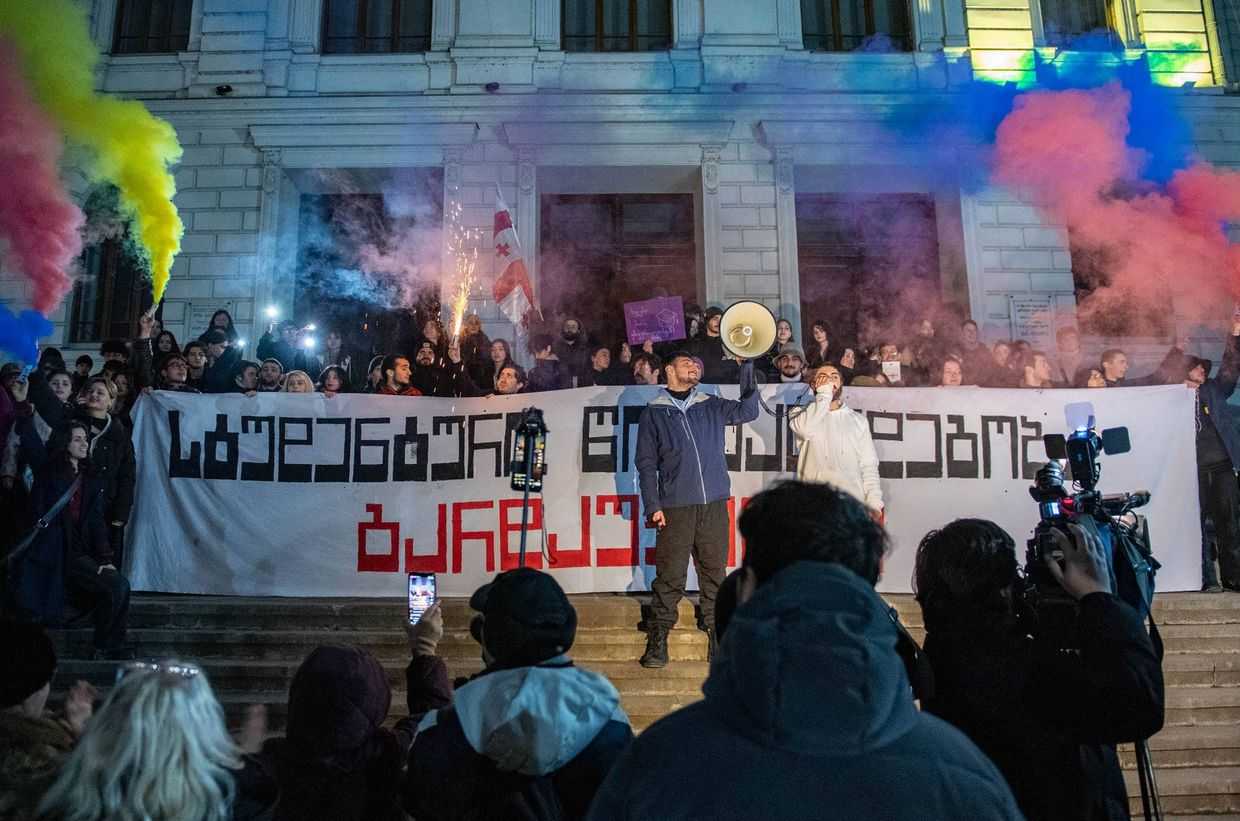

 Georgia’s Supreme Court has declared official email correspondence to be public information, which should be accessible to anyone.
Georgia’s Supreme Court has declared official email correspondence to be public information, which should be accessible to anyone.
The Court made the ruling last week, almost three years after transparency group the Institute for Development of Freedom of Information (IDFI) first brought the issue to the Ministry of Justice.
In a 10 March 2015, the IDFI requested information from the justice ministry about a tender the ministry had sent in an email. After the ministry ignored the request, the IDFI appealed to Tbilisi City Court.
The initial appeal was dismissed, along with another in the Court of Appeals in May 2016.
Both courts argued that information sent via email was not of an ‘official nature’.
In its final judgement on 6 December, the Supreme Court ruled that the rationale behind the decision of both lower courts, that email is ‘a form of informal communication’ and ‘temporary’, was not properly grounded.
The Supreme Court said that any information, including audio-video materials, sent through official emails should be considered official information and should be publicly accessible to any interested person.
This excludes emails between employees of the same ministry, as well as email correspondence which are ‘of a private nature’, and protected by the right to private life.









